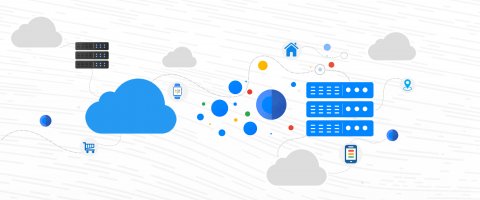Systems | Development | Analytics | API | Testing
API
API Management for better discoverability, visibility and adoption
To Microservices and Back Again Insights from Both Sides of Digital Transformation
A moving experience: How Kiwi.com built a travel platform with APIs
Our vision with Kiwi.com is to offer customers a way to buy travel insurance coverage, book a taxi from home to the train station, take a train to the airport, pick up a rental car, and drive to their destination all in one seamless customer experience. To do it, we’ve built a B2B platform, Tequila, which aims to be a one-stop travel booking shop for our partners, such as online travel agencies, airlines, brick-and-mortar agencies, and affiliated programs.
Delivering connected digital experiences with API management
Safaricom: Harnessing the power of APIs to transform lives in Africa
Safaricom holds the distinction of being the largest telecommunications services provider in Kenya, but we’re aiming for an even loftier goal: empowering Kenyans with tools for economic growth. From venture capital investments in local startups to our commitment to United Nations (UN) sustainability goals, we prioritize the mission of transforming lives in our country.
Leroy Merlin: Transforming the Russian home improvement market with APIs
Leroy Merlin is expanding our network of retail stores rapidly in Russia, and as part of this expansion we are undertaking a digital transformation. Not only has this process tested our technological capabilities, but it also presents us with the challenge of transforming our mindset. To offer expanded services to our customers, we rely on a rich set of APIs and microservices created and managed in Google Cloud’s Apigee API Platform.
Kong 1.2 Released! Major Performance Improvements and Newly Open Sourced Plugins
Today, we’re excited to unveil the latest release of our flagship open source offering – Kong 1.2! In this release, we’ve made key latency and throughput performance improvements and open sourced some previously enterprise-only plugins to enhance your overall Kong experience.
You Can't Secure What You Can't See: Protecting APIs
Last year, it was briefly possible for anyone with rudimentary technical knowledge to upload and host files — including potentially malware — on a .gov website. The vulnerability resulted in protest posts and pranks but, thankfully, no lasting damage. Even so, as the most devious or most paranoid among you likely already recognize, this vulnerability had all the makings of a dangerous and effective phishing campaign.











